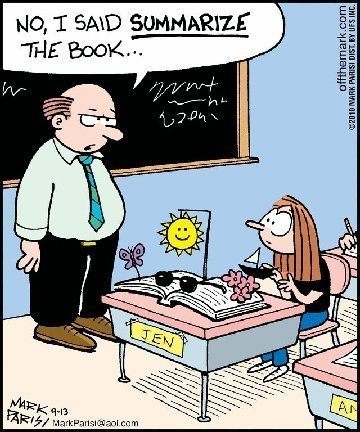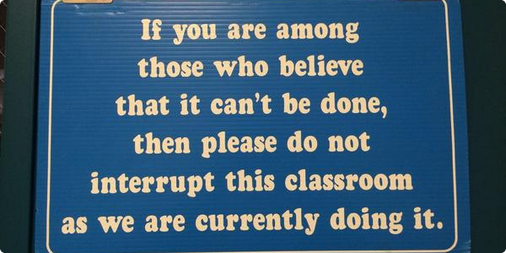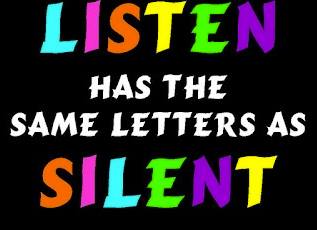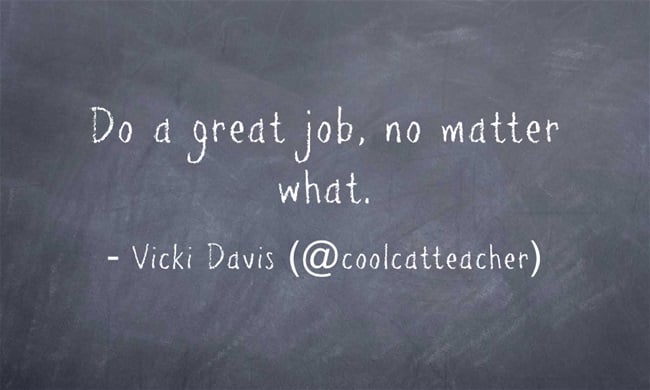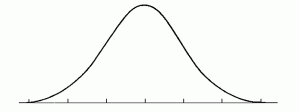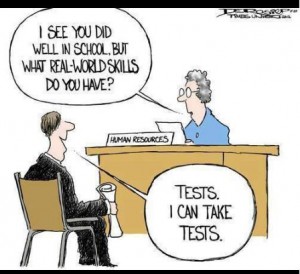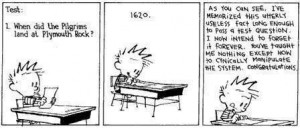This week I attended a presentation at Monash University about English Language Proficiency (ELP) at university level. I recently secured a casual position at the University as a Conversational English Programs Facilitator, so this event was timely and very relevant and I’m glad to have received an invitation.
I’m very excited about this position and hope to make a difference and assist as best I can with academic and conversational English in particular, for our international students at Monash. The Senior Manager, Marta Skrbis, at Conversational English Programs provided some details regarding numbers: there are currently over 580 000 international students studying in Australia and it is expected that by 2020 Australia will be hosting 1 million students from overseas countries. At Monash in 2015 there are almost 24000 international students, that’s close to 40% of total enrolments! WOW!
Are you getting the picture as to why ELP is on the agenda and should remain on the agenda? People think that just because students are enrolled at university level they automatically have proficiency (competency) in English. The presentation covered many important elements but at the top of my agenda for the sake of this post remaining at an acceptable word count I would like to focus on ‘cryptic assessment tasks’ (as one audience member described them). You see the questions that got my attention, thanks to one of three speakers, Dr Rowena Harper, were thought provoking:
- Is English the problem?
- Is it students who are struggling?
As a secondary school teacher I have to say that university is not the only place one can find ‘cryptic assessment tasks’. Over the years I have come across some extraordinary tasks that have been distributed to students and that have successfully extended them as learners. They have been creative, challenging and even fun to do. Other tasks have been successfully differentiated to meet individual learners’ needs, some even modified effectively. And yes there is a difference.
So what are ‘cryptic assessment tasks’? They are such that what is asked of the student is not clear cut. It may contain words the student cannot decipher -I don’t mean that they can’t look it up in the dictionary for definition- I mean they cannot apply the ‘skill’ it requires of them because they have not yet been taught how.
Take for example this task: Summarise the main points in the following article and reflect on the message it is trying to relay to the reader.
Okay let’s highlight the key words:
Summarise the main points in the following article and reflect on the message it is trying to relay to the reader.
So these are the VERBS -the actions the student must undertake in order to be successful in realising the task objective. Let’s take SUMMARISE – what does that mean? Sorry, I didn’t finish the thought -What does it mean to one who is not proficient in English? (Please note: This is not only those students with an additional language, or those born overseas, or recent arrivals but also those who were born here). You see one major factor that came out of the presentation was that ELP is for ALL students. Another important aspect is that ELP is really about COMMUNICATION PROFICIENCY – spoken and written.
Here are the first three hits on google using the words ‘definition summarise’:
1. give a brief statement of the main points of (something),
2. to make a summary of; state or express in a concise form,
3. using your own words to shorten a piece of text so that it includes only the essential information.
Now to the next verb: REFLECT. For this definition I’m going to use part of Rowena’s slide from the presentation. In this context,
It also has very little to do with a mirror.
And lastly, RELAY.
Now, if the student had some experience of athletics or swimming then he or she might think it means taking turns with a team of people but did you also know that a relay is an electrically operated switch? Of course, in this case we mean it to be communicate, tell, share… or maybe it means analyse, synthesise, evaluate? Does the student know which and how?
Let’s return to the original task: Summarise the main points in the following article and reflect on the message it is trying to relay to the reader.
Let me ask you this: As the teacher, what would you do first?
Read the article to the class?
Have students take turns to read aloud?
Have them read it silently?
Set the task for homework?
Set up some sort of collaborative task for them?
What?
Let me tell you what I would do first as the teacher; I would make sure they understand what it means to summarise, reflect and relay, in THIS context. I would provide examples and begin the discussion.
The task can wait.
Your thoughts…?
Thanks for reading 🙂


